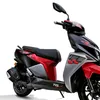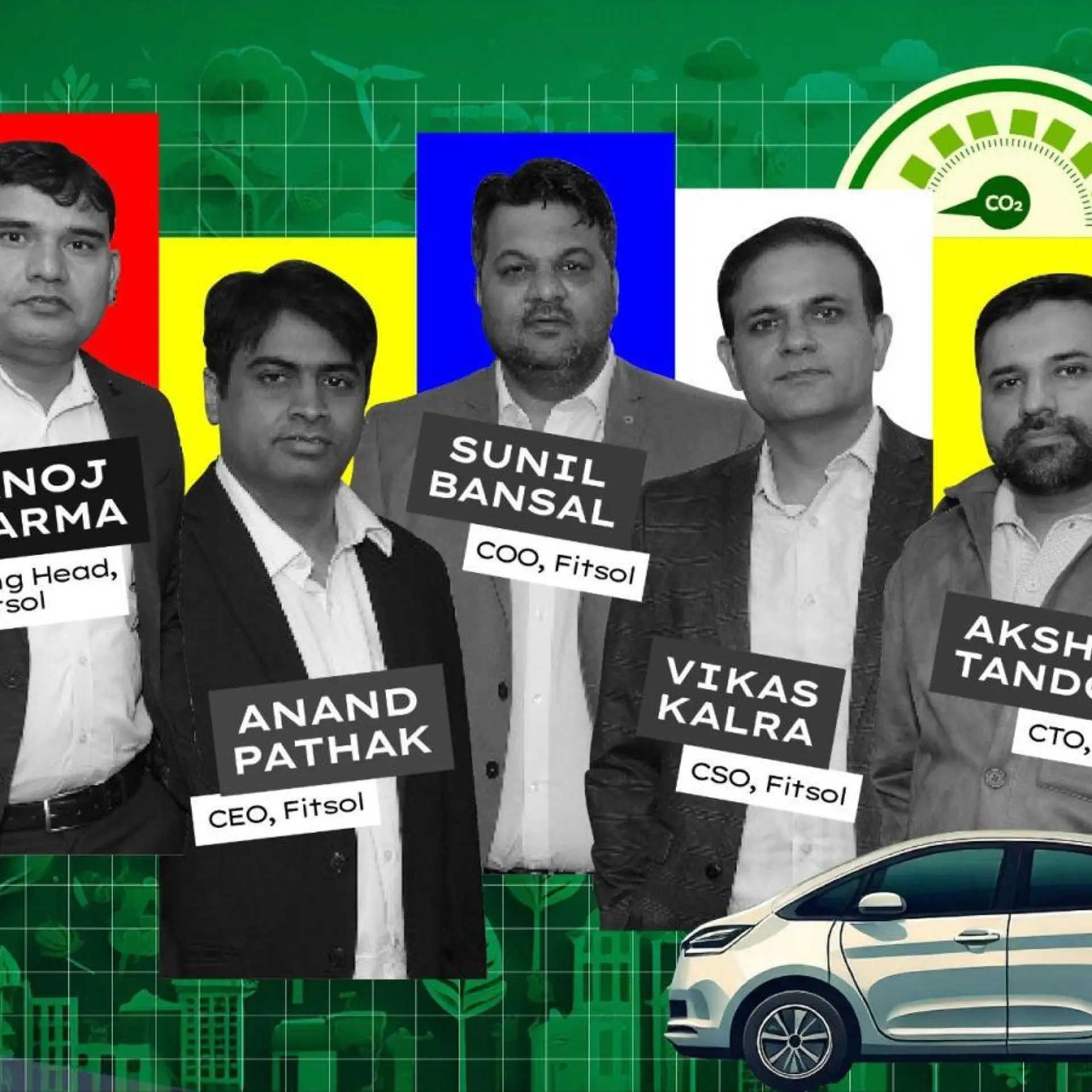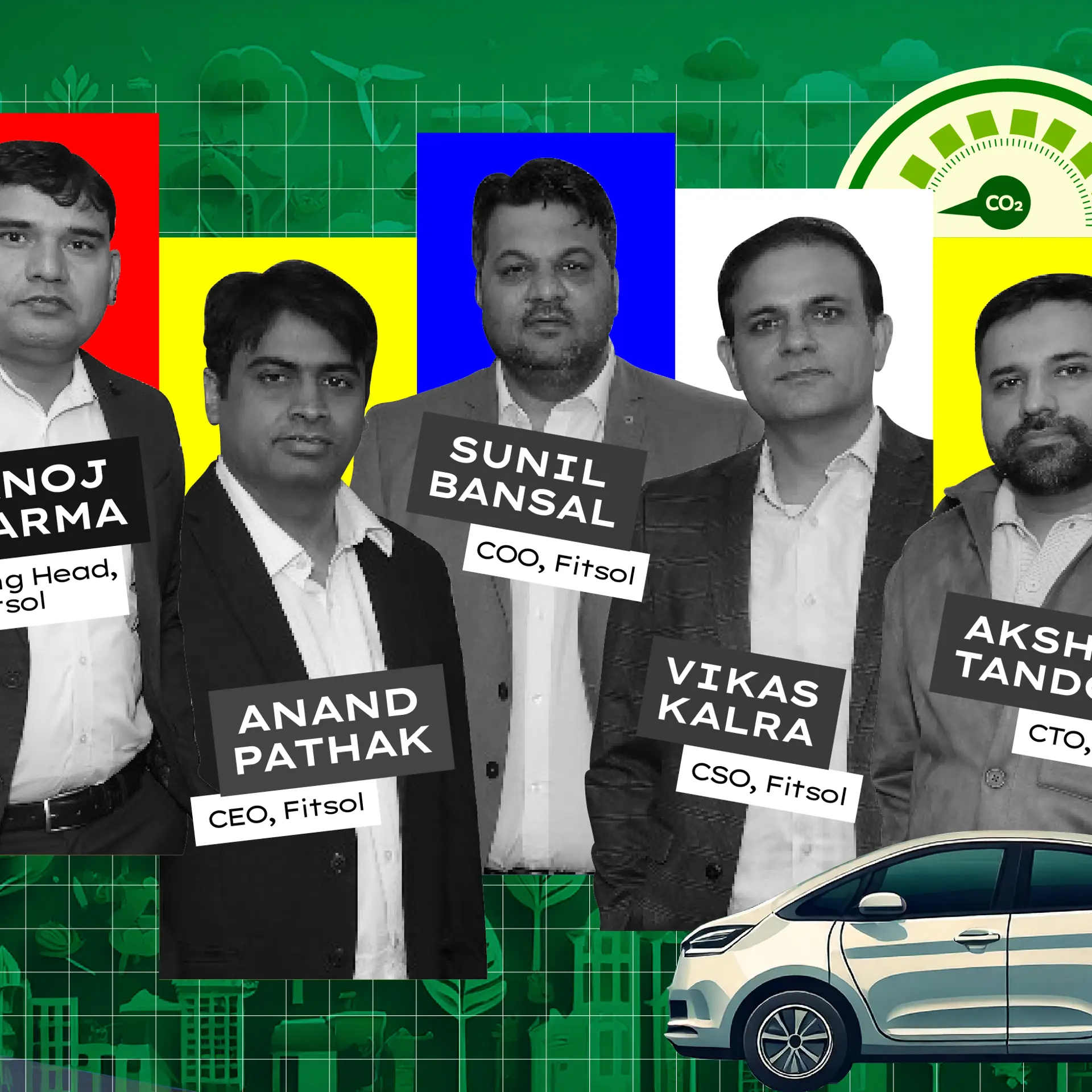7 startups propelling India’s drive to a greener future with electric vehicles
Over a million electric vehicles hit the roads in India in the last two years. Here is a list of startups enabling this change in the country.
From SoftBank’s plans to ink a partnership with Indian e-mobility company Mahindra Electric to the government setting up 2,636 charging stations across 24 states and union territories under the FAME (Faster Adoption and Manufacture of Electric Vehicles) II scheme, the electrification of transportation in India seems to be going in the right direction.
In fact, the Indian government is emphasising on the sale of only electric vehicles by 2030, or having a larger percentage of EVs on the road by then.

Earlier this year, Niti Aayog CEO Amitabh Kant reaffirmed the national vision towards moving to clean mobility. He said that given the size and scale of growth potential, Indian industry must be the biggest driver of change to make the country the centre for manufacturing EVs.
In the last two years, more than one million electric vehicles (EVs) hit the road in India. Over 350,000 units were sold in FY18 while 750,000 units were sold in FY19. Clearly, the government and startups are going all out to up the electric mobility game to ensure a clean, green, and responsible India.
The increased interest in electric mobility was also evident in the lineup for the AutoShow 2020.
Traditional manufacturers and new-age startups are both contributing to this sector. Here’s a list of electric vehicle startups which are supporting India’s drive for a greener future.
Founded in 2013 by IIT Madras graduates Tarun Mehta and Swapnil Jain, the Bengaluru-based startup has launched two electric scooters – the 340 and 450 – along with the AtherGrid, an electric vehicle charging infrastructure.
Co-founder Sachin Bansal, two-wheeler manufacturer Hero MotoCorp, Singapore-based InnoVen Capital, and American hedge fund and venture capital investor Tiger Global.
In December 2019, it confirmed the setting up of a new manufacturing facility in Hosur, Tamil Nadu. The electric vehicle startup has also signed a Memorandum of Understanding (MoU) with the Tamil Nadu government as a part of its new EV policy.
Ather’s new facility will create job opportunities in the region, with the company confirming that over 4,000 employees will be trained on electric vehicles as a part of this initiative over the next five years.

Yulu
, a Bangalore-based electric bike sharing platform, was started by InMobi Co-founder Amit Gupta in 2017. The startup aims to address traffic problems using Internet of Things (IoT).
At present, it is operational in Bengaluru, Pune, Mumbai, and Bhubaneswar.
In November 2019, Yulu raised $8 million in its Series A round, led by leading automobile manufacturer Bajaj Auto Finance. Existing investors invested an additional $2 million.
With this funding, the startup plans to build a strong electric vehicle (EV) infrastructure and also fast-track refining its electric scooter, Yulu Miracle. The team is looking to support over 100,000 Yulu Miracles by the end of 2020.

Bengaluru-based Ultraviolette was started by Niraj Rajmohan and Narayan Subramaniam in December 2015. In August 2018, TVS Motor Company picked a 15 percent stake in the startup.
The company unveiled its first product the F77 in November 2019, which can accelerate from standstill to 60 kmph in 2.9 seconds. It claims that the motorcycle has a top speed of 140 kmph and has a range of 150 km.
Ultraviolette aims to roll this out first in Bengaluru, followed by a national expansion next year.

Headquartered in Jaipur, BattRE was founded in 2017 by Nishchal Chaudhary, a former Airtel executive. The startup aims to provide innovative solutions to tackle issues of carbon footprints, noise pollution, and traffic through e-bicycles and e-scooters.
The company began its operations in South India, Maharashtra, and Gujarat in June 2019. At present, it has more than 50 dealers in six states. BattRE aims to enter Uttar Pradesh, Bihar, and Rajasthan by April 2020.
Its first product BattRE-One boasted of premium features like a connected instrumentation, keyless ignition, anti-theft alarm, and a USB charger.

Gurugram-based Okinawa was founded by Jeetender Sharma and Rupali Sharma in 2015. It claims to be a 100 percent Indian electric two-wheeler company, and has a manufacturing facility in Bhiwadi, Rajasthan.
The startup offers affordable lithium-ion powered scooters and recently showcased its first cruiser-styled electric scooter at the Auto Expo 2020. In May 2019, the company even received FAME II certification for the I-Praise and Ridge+.
Okinawa reported revenue of Rs 200 crore in the financial year 2018-19, and is planning to set up a second facility, which will be commissioned towards the beginning of 2020-21. It has a target to sell one lakh electric two-wheelers in India by the end of the present fiscal.

Pune-based Tork Motors showcased its first product September 2016, which was touted as India’s first electric motorcycle. Founded in 2009 by Kapil Shelke, the startup is working to remove the kinks in the product’s armour.
It has received funding from Bhavish Aggarwal and Ankit Bhati, Co-founders of Ola; and Harpreet Grover, Co-founder and CEO of CoCubes, and from Ratan Tata, Chairman Emeritus of Tata Group.
At present, Tork Motors is in its last stages of testing, but an official confirmation is still awaited. It has a production facility in Pune, which has a capacity of 20,000 units annually.

Revolt Intellicorp
Founded by Rahul Sharma, Micromax’s Co-founder, Revolt Intellicorp announced its foray in the world of electric motorcycles in April 2019. It is funded by Rahul’s personal investment of Rs 500 crore and aims to disrupt the motorcycle industry in India.
Revolt retails the RV 400 and RV 300 in monthly instalments plans in Delhi and Pune, starting from as low as Rs 2,999 per month.

The motorcycle has features like full LED lighting, digital display with real-time bike diagnosis, and Bluetooth connectivity. The startup is also working on a café-racer styled motorcycle.
Revolt has a manufacturing facility in Manesar spread over one lakh square feet, and an annual production capacity of 1.2 lakh units.
(Edited by Saheli Sen Gupta)








